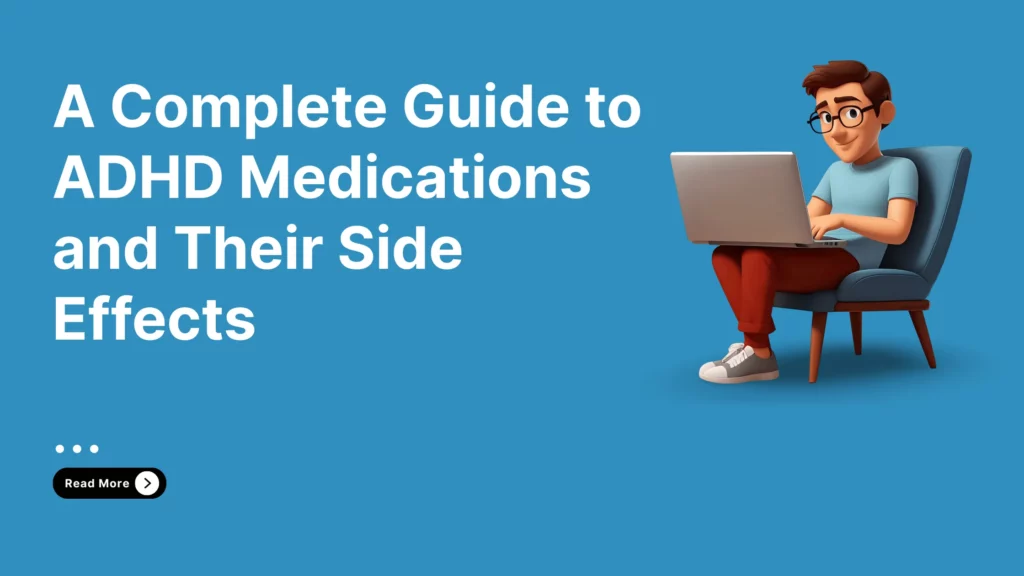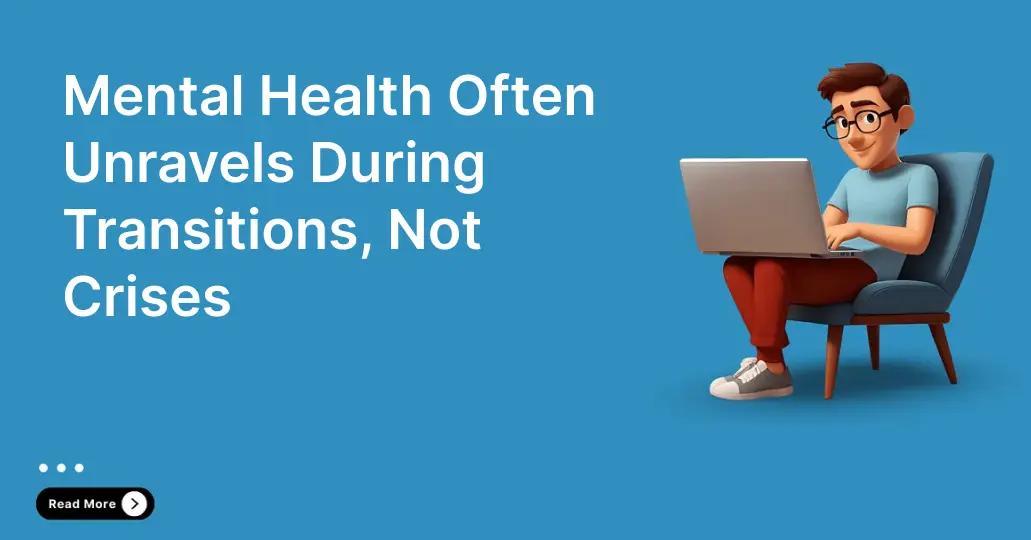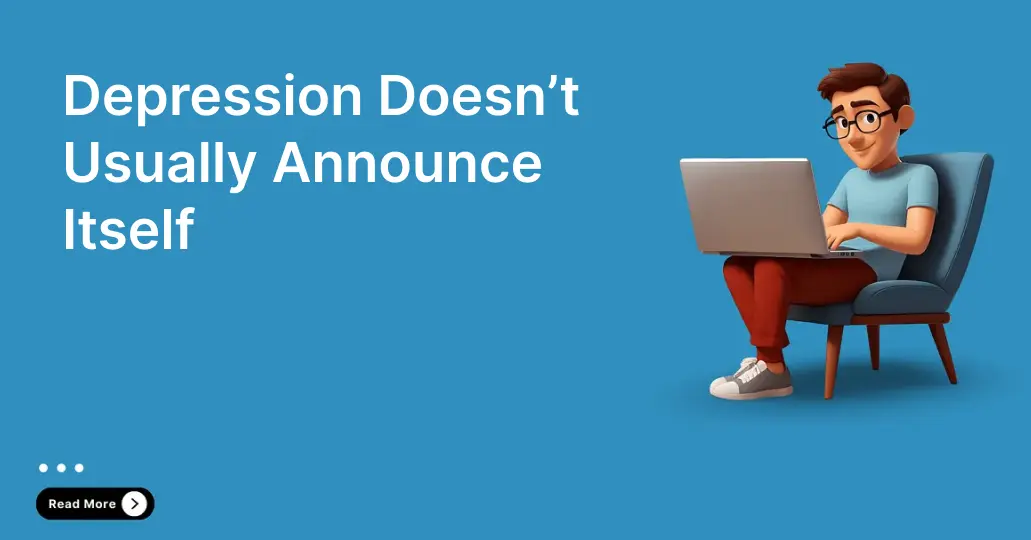

Attention-Deficit/Hyperactivity Disorder (ADHD) is a common neurodevelopmental condition that affects both children and adults. It can cause challenges with attention, organization, emotional regulation, and impulse control. While behavioral therapies and lifestyle modifications are important components of managing ADHD, medications often play a central role in symptom control, especially for individuals with moderate to severe symptoms.
However, with a variety of treatment options available, understanding the different types of ADHD medications and their potential side effects can feel overwhelming. This guide breaks down the most commonly prescribed medications, their mechanisms, and what patients and caregivers need to know before starting a new regimen.
ADHD medications fall into two major categories: stimulants and non-stimulants.
Choosing the right medication depends on a variety of factors including age, symptom severity, co-occurring conditions, and how the body responds to certain drug classes.
For most individuals, stimulant medications remain the gold standard for ADHD treatment for adults. They are fast-acting and often produce noticeable improvements in focus, task initiation, and impulse control within hours.
Stimulants come in both short-acting and long-acting formulations. Short-acting options typically last 3–6 hours and may require multiple doses per day. Long-acting versions provide more consistent symptom relief and reduce the need for midday dosing, which is particularly helpful for students or working adults.
Commonly prescribed stimulants include:
These medications are generally well-tolerated, but they are not without risks, particularly when it comes to misuse or dependence in susceptible individuals.
Although ADHD is often diagnosed in childhood, many people continue to experience symptoms into adulthood. In some cases, the condition is not identified until later in life. For this population, ADHD medications are designed with flexibility and function in mind.
Long-acting stimulants like Vyvanse or extended-release Concerta are commonly prescribed to support sustained attention and productivity throughout the workday. These formulations minimize the need for midday doses, which can be disruptive in professional settings.
Adults with ADHD may also present with co-occurring conditions such as anxiety, depression, or substance use disorders. As a result, their treatment plans often require more nuanced management to ensure that medications don’t exacerbate other mental health symptoms.
Ongoing monitoring, medication adjustments, and communication with a healthcare provider are essential to achieving balance and effectiveness in ADHD treatment.
While ADHD medications can significantly improve functioning, it’s important to understand the potential side effects of ADHD meds. Knowing what to expect, and when to seek medical advice, helps patients and caregivers make informed decisions.
These side effects are usually dose-dependent and can often be managed through adjustments in medication timing or formulation.
If any side effects become persistent or interfere with daily life, it’s crucial to consult a healthcare provider. In most cases, side effects subside over time or with minor modifications.
The decision to start medication for ADHD should be collaborative. Whether you’re a parent advocating for your child, or an adult exploring treatment for the first time, these conversations are essential.
Questions to ask your doctor might include:
At Gimel Health, a board-certified psychiatrist provides personalized ADHD care with a focus on collaboration, education, and long-term success. This approach ensures that every treatment plan remains responsive and tailored to each patient’s evolving needs.
Medications are not a cure for ADHD treatment, but they can open the door to better focus, organization, and emotional control. To maximize the benefits of pharmacological treatment, it’s important to adopt healthy lifestyle habits that reinforce brain function.
Helpful strategies include:
These habits can reduce reliance on medication and improve overall quality of life, especially when integrated into a long-term ADHD management plan.
Navigating ADHD treatment doesn’t have to be confusing. With the right information and support, individuals can make choices that align with their goals, health needs, and daily realities. Whether you’re starting your first ADHD medication or considering a change, understanding your options is the first step toward lasting improvement.
Remember: medications are one piece of the puzzle. When paired with education, therapy, and proactive self-care, they can help transform life with ADHD into a journey of clarity, confidence, and control.






Schedule a consultation! Provide your contact information below and we’ll get back to you as soon as we can.
We use cookies to improve your experience on our site. By using our site, you consent to cookies.
Manage your cookie preferences below:
Essential cookies enable basic functions and are necessary for the proper function of the website.
Google reCAPTCHA helps protect websites from spam and abuse by verifying user interactions through challenges.
Google Tag Manager simplifies the management of marketing tags on your website without code changes.
You can find more information in our Cookie Policy and Privacy Policy.